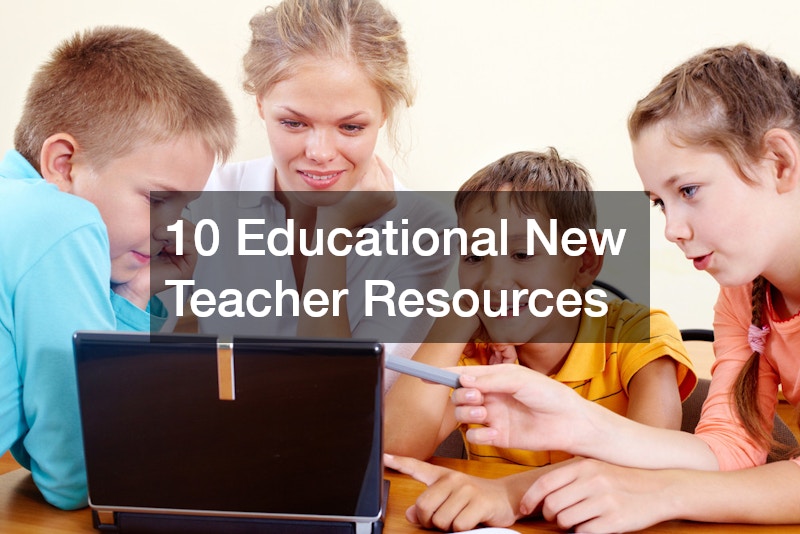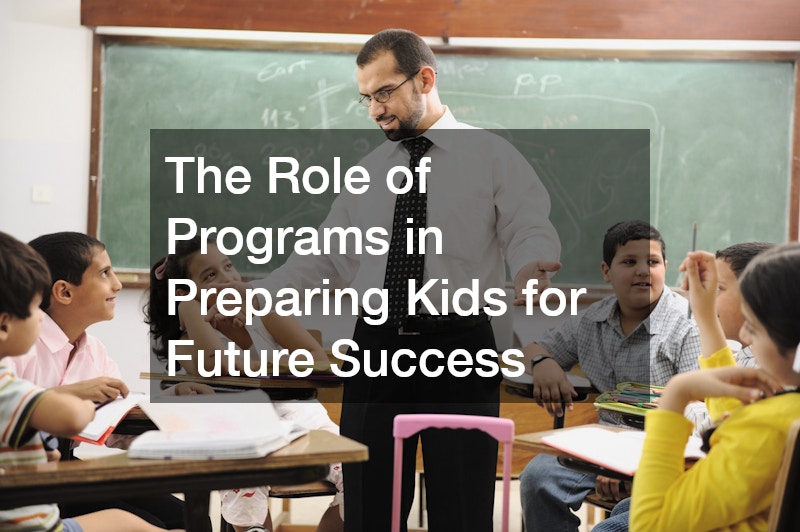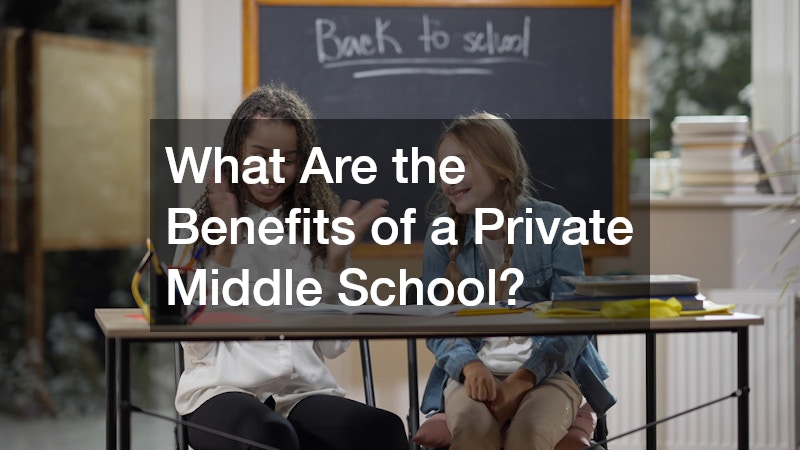The long journey to becoming an effective teacher is both rewarding and challenging. With the evolving dynamics of education, especially in the contemporary era, it becomes pivotal to equip oneself with the right skills, knowledge, and resources. This comprehensive guide is designed to offer new teachers essential insights and practical tips to thrive in their profession. From understanding childhood development to familiarizing oneself with family dynamics, stocking up on essential supplies to planning engaging field trips, this article covers all aspects that new teachers need to know. It not only emphasizes the importance of being prepared for tasks outside the job description but also highlights the need for personal health and wellness. As we delve deeper into each section, we will provide valuable resources and practical advice to help you navigate the complex, yet fulfilling world of teaching. Whether you’re just starting or looking to refine your teaching strategies, this guide aims to be a valuable resource on your education journey. As a new teacher, your education has prepared you for many of the circumstances that you will encounter. However, there are several special cases that you won’t be able to prepare for until you experience them for yourself. These new teacher resources will leave you as prepared as can be for your first year of teaching as a new teacher.
In addition to understanding the core curriculum and educational standards, new teachers must develop strong classroom management skills. Maintaining a positive and structured classroom environment is crucial for effective learning. This involves not only setting clear expectations for behavior but also knowing how to address disruptions in a way that is fair and constructive. By creating a classroom culture rooted in respect, responsibility, and mutual support, teachers can foster an atmosphere where students feel safe to take risks and engage deeply in their learning. Early investment in these key classroom management practices will pay dividends as students learn to self-regulate, allowing for smoother transitions between activities and more time for instruction.
Another key aspect of becoming an effective teacher is building strong relationships with both students and their families. Communication with parents or guardians is essential, as it provides a clearer understanding of each student’s unique needs and circumstances. Regular updates on student progress, challenges, and successes will help parents stay involved in their child’s education and create a support system that extends beyond the classroom. Equally important is the relationship a teacher builds with their students. By showing genuine interest in their well-being and academic growth, teachers can establish trust and inspire students to reach their full potential.
Finally, it’s important to acknowledge the emotional and physical toll that teaching can sometimes take. Self-care is not a luxury but a necessity for teachers to remain effective and energized throughout the school year. Balancing the demands of lesson planning, grading, and classroom management with personal well-being is crucial to avoiding burnout. Engaging in hobbies, maintaining a healthy work-life balance, and seeking support from fellow educators are all ways to preserve your mental and physical health. A teacher who takes care of themselves is better equipped to take care of their students and handle the inevitable challenges of the profession with resilience and grace.
Study Childhood Development

Understanding children development is fundamental for any new teacher. It is crucial to recognize that every child’s developmental journey is unique. Comprehensive knowledge of physical, social, emotional, and intellectual development stages allows teachers to cater to diverse learning needs effectively. Modern education settings emphasize individualized teaching approaches, making this understanding indispensable.
New teacher resources are abundant when it comes to studying childhood development. Online courses, workshops, and professional development programs offer a wealth of information. Utilizing these resources, teachers can stay updated on the latest pedagogical techniques, ensuring they foster a nurturing and productive learning environment.
Additionally, collaborating with colleagues and participating in education forums can provide practical insights and shared experiences. Networking within the teaching community enriches one’s perspective on children’s development, encouraging the application of innovative teaching methodologies. Continuous learning and adaptation are key to addressing the challenges and opportunities in modern classrooms.
Familiarize Yourself with Family Dynamics
Family dynamics significantly impact a child’s education journey. Understanding family law and its implications on children is vital. Teachers must acknowledge that students come from diverse familial backgrounds, each with unique challenges and strengths. Building positive relationships with families fosters a supportive and inclusive education environment.
New teacher resources provide extensive information on family law and its relevance to education. Workshops and professional development courses focused on this area can enhance teachers’ capability to address family-related issues empathetically and effectively. Familiarity with these dynamics enables teachers to collaborate with families, supporting students holistically.
Moreover, involving families in the education process creates a community-centric approach to learning. Regular communication, parent-teacher meetings, and family engagement activities build trust and cooperation. By understanding family dynamics and utilizing appropriate resources, teachers can create a harmonious and conducive learning environment for their students.
Stock Up on Supplies
Being well-prepared with supplies is as crucial as understanding education theories. Organizational skills enhance classroom management, and strategic use of storage containers can optimize space and maintain order. Utilizing various uses for storage containers helps in categorizing and easily accessing teaching materials, ensuring smooth and efficient classroom activities.
New teacher resources include guidelines on essential supplies for effective classroom management. Whether it’s books, stationery, or education-tech tools, having the right materials can significantly boost teaching efficiency. These resources often provide lists and tips on must-have supplies for both regular and unexpected classroom needs.
Additionally, anticipating future requirements and stocking up accordingly also minimizes disruptions in the teaching process. Proper organization aids in maintaining a structured learning environment, facilitating better focus for both teachers and students. Efficient supply management is an integral component of a well-functioning education system.
Be Prepared for Tasks Outside of the Job Description

Teaching often involves tasks beyond the classroom scope. Simple light repairs, managing classroom setups, and minor tech troubleshooting are everyday occurrences in a teacher’s life. Being prepared to handle these tasks ensures uninterrupted education delivery, showcasing a teacher’s adaptability and resourcefulness.
New teacher resources offer guidance on tasks outside the traditional job description. Workshops on basic repair skills, classroom maintenance, and tech troubleshooting are invaluable. These resources equip teachers with practical skills to handle unscheduled interruptions, maintaining a conducive education environment.
Moreover, developing such skills reflects a proactive attitude, inspiring students and colleagues alike. Embracing a multifaceted role within the education system highlights a teacher’s commitment to providing a seamless and enriching learning experience. Flexibility and willingness to manage varied tasks are essential qualities of an effective educators.
Prep Your Meals
Teaching demands sustained energy and focus, making proper nutrition crucial. Planning and prepping meals, especially lunch, ensures teachers maintain their energy levels throughout the day. Balanced meals contribute to overall wellness, directly impacting a teacher’s ability to deliver quality education.
New teacher resources often include tips on meal prepping and nutrition. Guides on preparing quick, healthy meals can save time and reduction stress. Utilizing these resources helps teachers focus on their primary task of imparting education, without compromising on their health.
Additionally, sharing meal-prepping strategies with peers can foster a supportive community. Collective efforts towards maintaining a healthy lifestyle enhance the overall school environment. Prioritizing nutrition underscores the importance of self-care in the teaching profession, reflecting positively on educators’ dedication to their role.
Plan Field Trips
Field trips are an exciting aspect of education, providing students with real-world experiences beyond the classroom. Planning visits to places like farms, with insights into farm equipment and agricultural practices, enrich learning. Such experiential education helps students understand and appreciate various fields of work and life.
New teacher resources provide extensive guidance on organizing successful field trips. Checklists, permission forms, and safety protocols are among the crucial elements covered. Utilizing these resources ensures that field trips are well-planned, safe, and educationally valuable.
Moreover, engaging with local communities and experts, like farmers, enhances the authenticity of the experience. Collaboratively planning field trips fosters a holistic education approach, bridging theoretical knowledge with practical application. These activities stimulate curiosity and reinforce learning, making them an integral part of the education curriculum.
Craft a Reading Nook
Creating an inviting reading nook can significantly enhance students’ engagement with literature. Using elements like a waterproof fitted sheet can make the nook comfortable and easy to maintain. An appealing reading space encourages students to explore books, fostering a love for reading and learning.
New teacher resources offer creative ideas for setting up reading nooks. From selecting appropriate books to designing the space, these resources provide comprehensive guidance. A well-crafted nook becomes a sanctuary for students, promoting a positive and immersive education experience.
Furthermore, a reading nook reflects a teacher’s commitment to fostering literacy and a nurturing environment. Regularly updating the nook with new books and comfortable seating keeps the space dynamic and inviting. By prioritizing reading, teachers can instill lifelong learning habits in their students, emphasizing the importance of continuous education.
Be Open-minded with Special Cases

Teachers often encounter students with unique challenges, such as those new to the country. These students may have questions influenced by their circumstances, including interactions with an immigration lawyer. Being open-minded and empathetic helps in addressing their needs effectively within the education system.
New teacher resources include training on cultural sensitivity and inclusivity. Workshops and professional development courses emphasize understanding diverse backgrounds and their impact on learning. Utilizing these resources equips teachers with the skills to create an inclusive and supportive education environment for all students.
Moreover, fostering open communication and trust with students facing special circumstances encourages their participation and engagement. Understanding their unique challenges allows teachers to tailor their approach, ensuring no student is left behind in their education journey. Promoting inclusivity is fundamental to effective teaching and learning.
Work with Exchange Programs
Collaborating with exchange programs enriches the education experience for both teachers and students. Hosting students from different countries provides invaluable cultural exchange opportunities. Partnering with a local host home provider ensures these students have a supportive environment, enhancing their learning experience.
New teacher resources offer insights into establishing and managing exchange programs. Guidelines on hosting, cultural activities, and integration strategies are provided, ensuring a seamless collaboration. Utilizing these resources fosters global awareness and multicultural understanding within the education setting.
Additionally, exchange programs promote inclusivity and diversity, broadening students’ perspectives. Engaging with international peers enhances language skills, cultural empathy, and global-mindedness. By facilitating these programs, teachers contribute to a holistic and enriching education experience, preparing students for a globally connected world.
Maintain Your Health and Wellness

Health and wellness are vital for sustained teaching effectiveness. Regular visits to a local chiropractor can alleviate physical stress, promoting overall well-being. Physical health directly impacts mental clarity and energy levels, crucial for delivering quality education.
New teacher resources often emphasize the importance of self-care. Workshops on stress management, physical fitness, and mental health provide essential support. Utilizing these resources ensures teachers maintain a balanced lifestyle, preventing burnout and promoting longevity in the education profession.
Moreover, fostering a culture of health and wellness within the school environment benefits the entire education community. Encouraging colleagues to prioritize self-care creates a supportive and health-conscious atmosphere. Healthy teachers create a positive and energetic learning environment, directly benefiting student engagement and learning outcomes.
In conclusion, embarking on an education journey as a new teacher encompasses various aspects, from understanding children development to managing classroom supplies, engaging with families, and maintaining personal health and wellness. Each component plays a crucial role in shaping an effective and nurturing learning environment. Staying updated with new teacher resources and continuously adapting to emerging needs and challenges ensures a successful and fulfilling teaching career. By being well-prepared, empathetic, and resourceful, new teachers can create a positive impact on their students’ lives, fostering a love for learning and personal growth. This comprehensive guide aims to serve as a valuable resource in navigating the multifaceted world of education, supporting new teachers in their quest to deliver quality education and inspire future generations.




